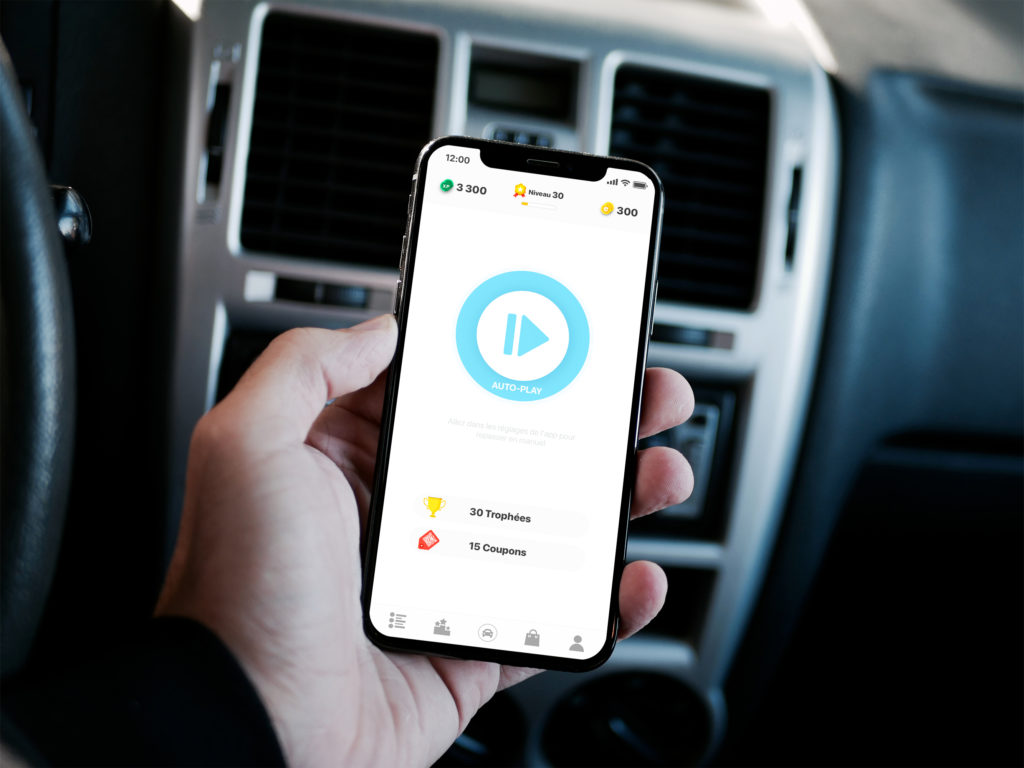It is not enough to proclaim clean energies implementation to ensure lower emissions and consumption of fossil fuels. Rewarding end users is essential.
The production cycle of new eco-friendly and sustainable energy is now well known and better mastered . But who is interested in consumption cycle ? Do we really change our habits in energy consumption? For 50 years, the developed countries have been accustomed to an abundant and cheap energy. Despite two oil shocks and global/sustainable economic crisis, the ancestral habits in saving energy has been lost. Governments struggle to restore to blow tax benefits and so repetitive messages they have become ridiculous.
So what’s the point of implementing clean energy if the final consumer always consumes indiscriminately ? And why would consumers change its behavior if nobody usually encourages efforts.
To take the example of the automobile, Europe still emit always more CO2 while engine technologies produce less. The cause is called energy immunity : more than simple tools we use energy , the more energy the same overconsumption beyond the reasonable.
However, anyone with a smartphone and an application capable of recording habits energy level may act on its own consumption. So what are we waiting for ? Precisely, this is it often a missing link : the valuation of individual efforts. It is rewarding player in energy savings and envourager to start .
The concept of reward user is paramount. The feeling of having done a good deed is not enough. There must be a recognition that comes from the outside, so that the effort made is especially valued and reproduced . This is an additional field of application to green software , no longer centralized in the ” control room ” but used “in the field ” by the end consumers.
With this software architecture based on mobility and the power of networks and data centers, we are now able to promote good practice , because the measurement in real time, its comparison with the reference and immediate restitution are became possible.
Reward mechanisms by virtual currency system or gift points allow personal interest to consumers and complement the range of tools for individual accountability around energy consumption . Algorithms for attribution or not these gift items must operate independently of any action from the user and only react according to consumption information directly collected.
Companies are turning more and more towards this type of solutions , particularly to empower drivers of company cars . Fields of application are many mobility but many other issues exist in the field of building energy.

